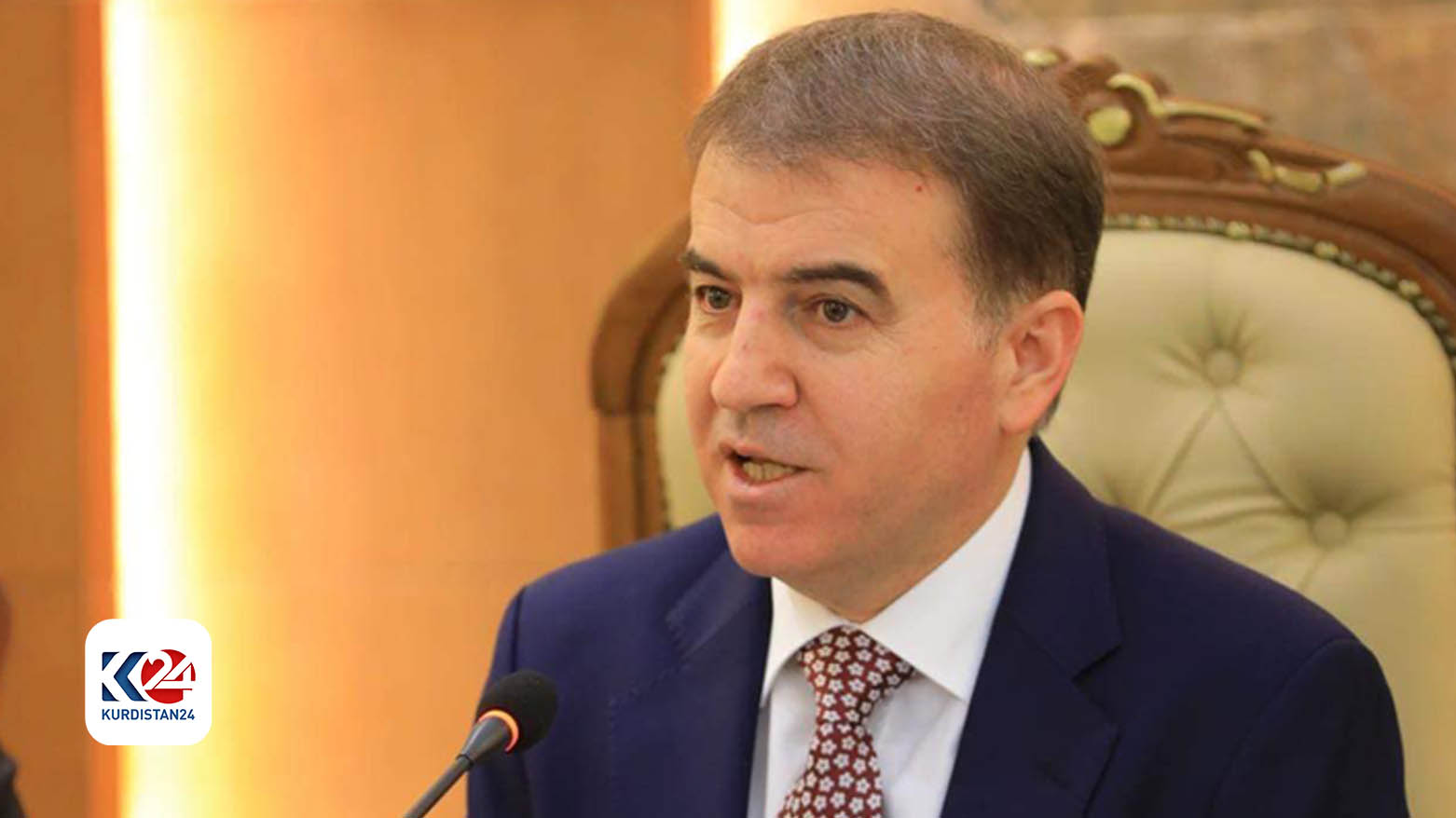Federal Supreme Court eroding Iraq's democracy, threatening KRG autonomy: KDP Politburo member

ERBIL (Kurdistan 24) – In an article published in Fikra Forum (an initiative of the Washington Institute for Near East Policy, Dr. Hemin Hawrami, member of the Kurdistan Democratic Party (KDP) Politbur, discussed the Federal Supreme Court (FSC) role in eroding democracy in Iraq.
Underlining the critical role of Supreme Court as “the highest judicial authority in every country” and guarantor of effectiveness of constitutional system in the federal states, Hawrami explained that “the current situation in Iraq may be the clearest manifestation of the danger posed by the reverse case.”
The article provides a historical background on the flawed establishment of the Federal Supreme Court as an institution.
Established in Articles 81-87 of the 1925 Constitution, Hawrami stated that the court endured until 1979 when the Iraqi Judicial Council “was merged with the Ministry of Justice during Saddam’s purge and the court lost its position and value.”
The article also pointed out that the FSC was established under the transitional provision following the fall of Ba’ath regime, and was supposed to be replaced by permanent version after the adoption of the 2005 Constitution.
As the Iraqi Governing Council was established and the Transitional Administrative Law (TAL) enacted to confirm federalism, “the provisions of Article 44 of the TAL established that a constitutional court would underpin the federal system,” highlighted Hawrami.
“The Iraqi government—led by Ayad Allawi—issued Law No. 30 of 2005, which established the Federal Supreme Court (FSC) also headed by Chief Justice Madhat Mahmoud explicitly for the pre-constitutional period in Iraq,” he underscored.
Moreover, the article discussed the rushed and unconstitutional amendment of the FSC through Law No. 25 of 2021, which lacked the necessary super-majority, and bypassed the presidency's authority.
Hawrami highlighted that “the flawed 2021 amendment”, which saw “Article 3 of Law No. 30 of 2005” revised, disrupted the representativeness of the FSC by removing the Kurdistan Region's right to appoint members, thereby upsetting the ethnic and religious balance in Iraq.
Furthermore, the article highlights how the FSC has exceeded its mandate by expanding its powers into areas such as constitutional amendment and legislative monitoring.
The article pointed to instances where the FSC's rulings have favored certain political factions, undermined the Kurdistan Region's autonomy, and disrupted the democratic process.
The article’s pivotal argument is that FSC “has adopted its own rules of procedure”, which, while causing major legal and political issues, also “violates the Constitution and even the law itself, as well as the Iraqi Civil Procedure Law.”
With this rules of procedure, the FSC has given itself two rights in its rules, “the right to confront and the right to withdraw, both of which are unfounded legal concepts and which allow the FSC to be much more active and invasive than the Constitutional framers intended,” Hawrami warned.
Magnifying the encroachments of FSC into constitutional amendment, Hawrami explained that the FSC has given itself the “role of amending the Constitution.”
He also warned that FSC has now become a weaponized tool to settle political disagreements and threaten the federal system, replacing it with “judicial dictatorship”.
As Hawrami expressly indicated, such weaponization of the FSC in Iraq can be seen from these several pivotal rulings during past three years:
1- Amending the constitutional mechanisms for presidential elections, to exclude a candidate not supported by the dominant Shia factions, despite custom allowing the presidential candidate to be decided among the Kurds;
2- Re-inventing the government formation mechanism to decide the winning bloc in elections, effectively changing the result in 2021 and achieving what Iraqi media called this ‘rule by the losers’, whereby the election winner is ousted and their losing rivals are put in power.
3- Consistently diminishing the Kurdistan Region’s constitutional powers to advantage the federal government’s supremacy, in contravention to the principle of administrative decentralization that underpinned the entire constitutional project and which is enshrined in the written Iraqi Constitution.
Additionally, the article pointed out that as a result of FSC overstepping its constitutional role and becoming an instrument for political agendas, one of the two Kurdish judges on the FSC resigned.
Read More: Kurdish Judge withdraws in protest against Federal Supreme Court
Hawrami concludes his article by stressing the urgent need for reforming the FSC to uphold the separation of powers and prevent its continued politicization. It called for a comprehensive review of the FSC's actions and emphasized the importance of maintaining Iraq's constitutional democracy through proper judicial oversight and adherence to the rule of law.
